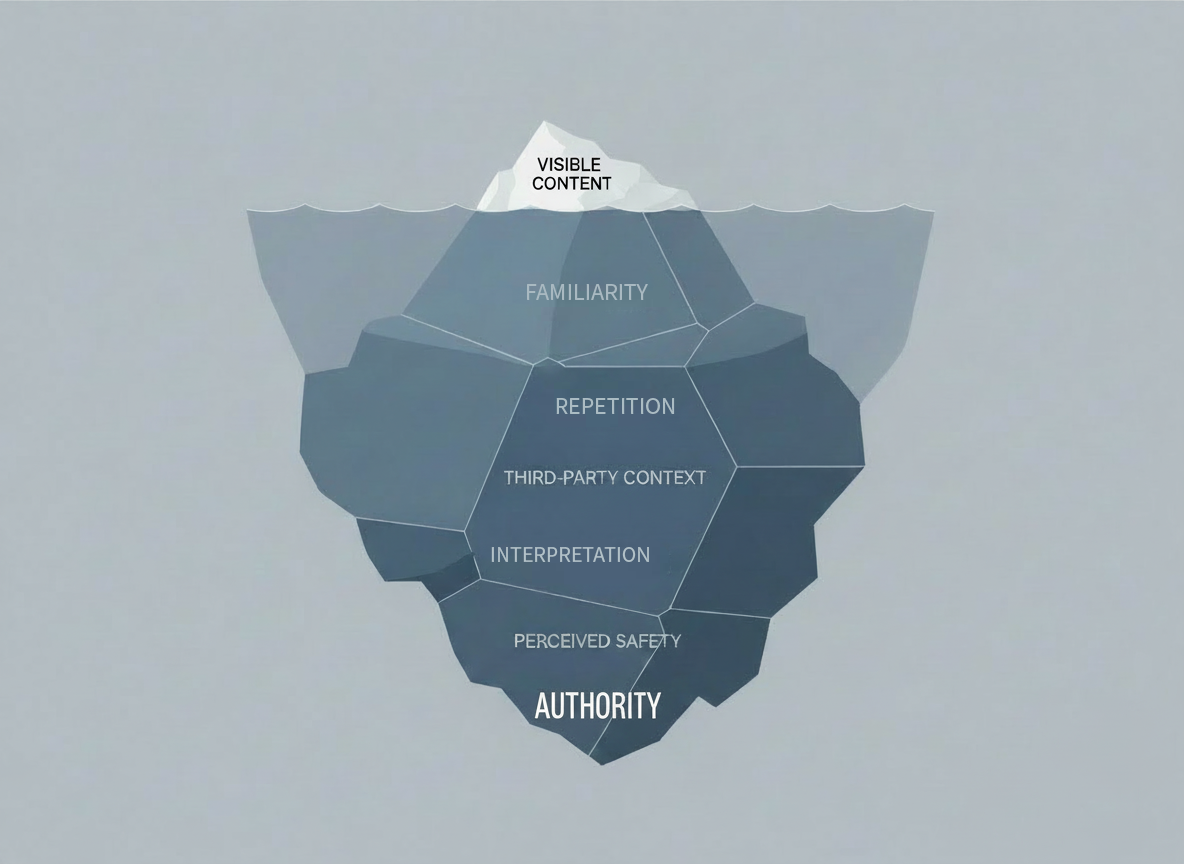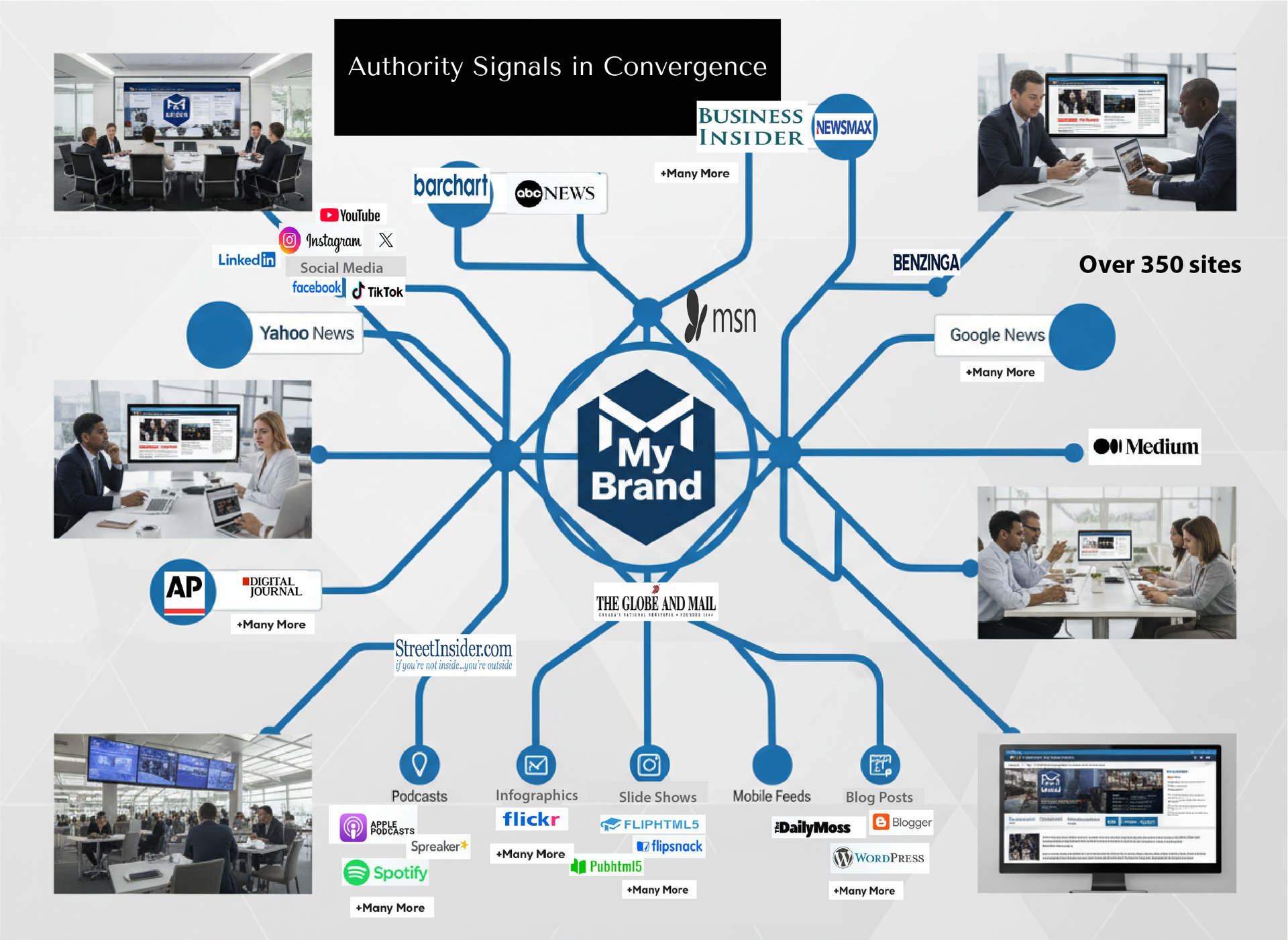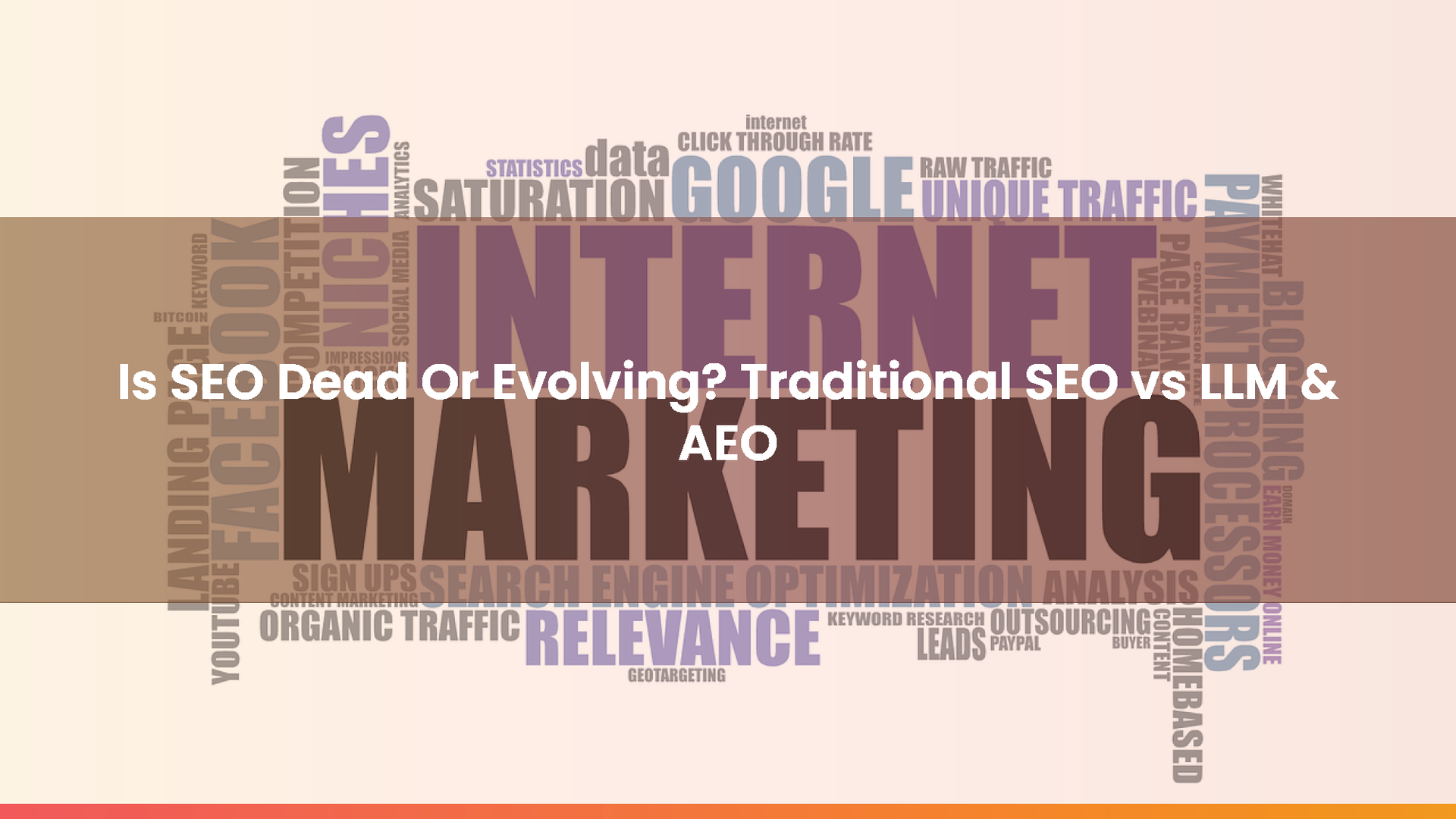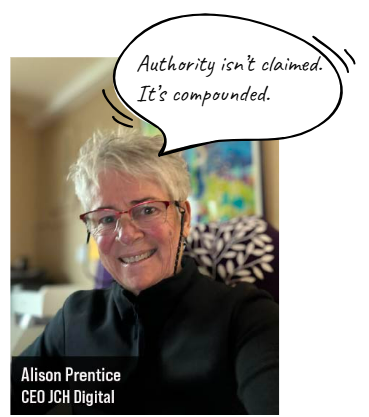Website Design and Build - Best Practices
Depending on your goals, websites have different designs.
When creating a website whether by yourself or by someone else it is important to know what your goals are. Websites are built and designed for a multitude of purposes. You may just want a single page to have a presence on the internet. Maybe you're building a website to generate leads for your business. Or perhaps you want a website design that will showcase your art or photos or food. Each of these will have different settings, layouts, widgets, contact forms, and content. There are some practices that are common to most of these.
The top 15 best practices for website design and building include:
(And if you are not familiar on how to do these - you might want to high an agency to create it for you.)
1. User-Centered Design:
- Understand your target audience and design with their needs and preferences in mind.
- Conduct user testing to gather feedback and make informed design decisions.
2. Responsive Design:
- Ensure your website is accessible and looks good on various devices, including desktops, tablets, and smartphones.
- Use a mobile-first approach to prioritize mobile users' experience.
3. Simple Navigation:
- Create a clear and intuitive navigation menu to help users find information easily.
- Limit the number of menu items to avoid overwhelming visitors.
4. Clear Call-to-Action (CTA):
- Clearly define the primary action you want users to take on each page (e.g., sign up, buy now).
- Use contrasting colors and compelling language to make CTAs stand out.
5. Consistent Branding:
- Maintain consistent branding elements such as colors, fonts, and logos throughout your website.
- This helps in building brand recognition and trust.
6. Fast Loading Speed:
- Optimize images and use efficient coding practices to ensure quick page loading times.
- A fast-loading website improves user experience and SEO.
7. Whitespace and Readability:
- Use ample whitespace to avoid a cluttered appearance and improve readability.
- Choose legible fonts and appropriate font sizes for easy reading.
8. High-Quality Images and Graphics:
- Use high-resolution images and graphics to enhance visual appeal.
- Optimize file sizes to maintain performance.
9. SEO-Friendly Design:
- Implement proper HTML structure, meta tags, and use descriptive filenames for images.
- Create a sitemap and submit it to search engines for better indexing.
10. Accessible Design:
- Ensure your website is accessible to users with disabilities by following accessibility guidelines (WCAG).
- Provide alternative text for images, use semantic HTML, and ensure keyboard navigation.
11. Regular Updates:
- Keep your website content and design updated to stay relevant.
- Regularly check for broken links and outdated information.
12. Security:
- Implement security measures to protect user data.
- Use HTTPS, keep software up-to-date, and follow best practices for secure coding.
13. Social Media Integration:
- Include social media buttons to encourage sharing and connect with your audience on various platforms.
14. Analytics Integration:
- Use analytics tools (e.g., Google Analytics) to track user behavior and gather insights.
- Analyze data to make informed decisions and improvements.
15. Cross-Browser Compatibility:
- Test your website on different browsers to ensure a consistent experience for all users.
For the most seamless and enjoyable experience for your visitors, incorporating these best practices is a must.
Tell me what else you see as best practice in a website!
Ready to work with JCH Digital?
Let's connect! We’re here to help.
Send us a message and we’ll be in touch.
Or give us a call today at 604-290-6869












